EU still divided on capping Russian gas prices
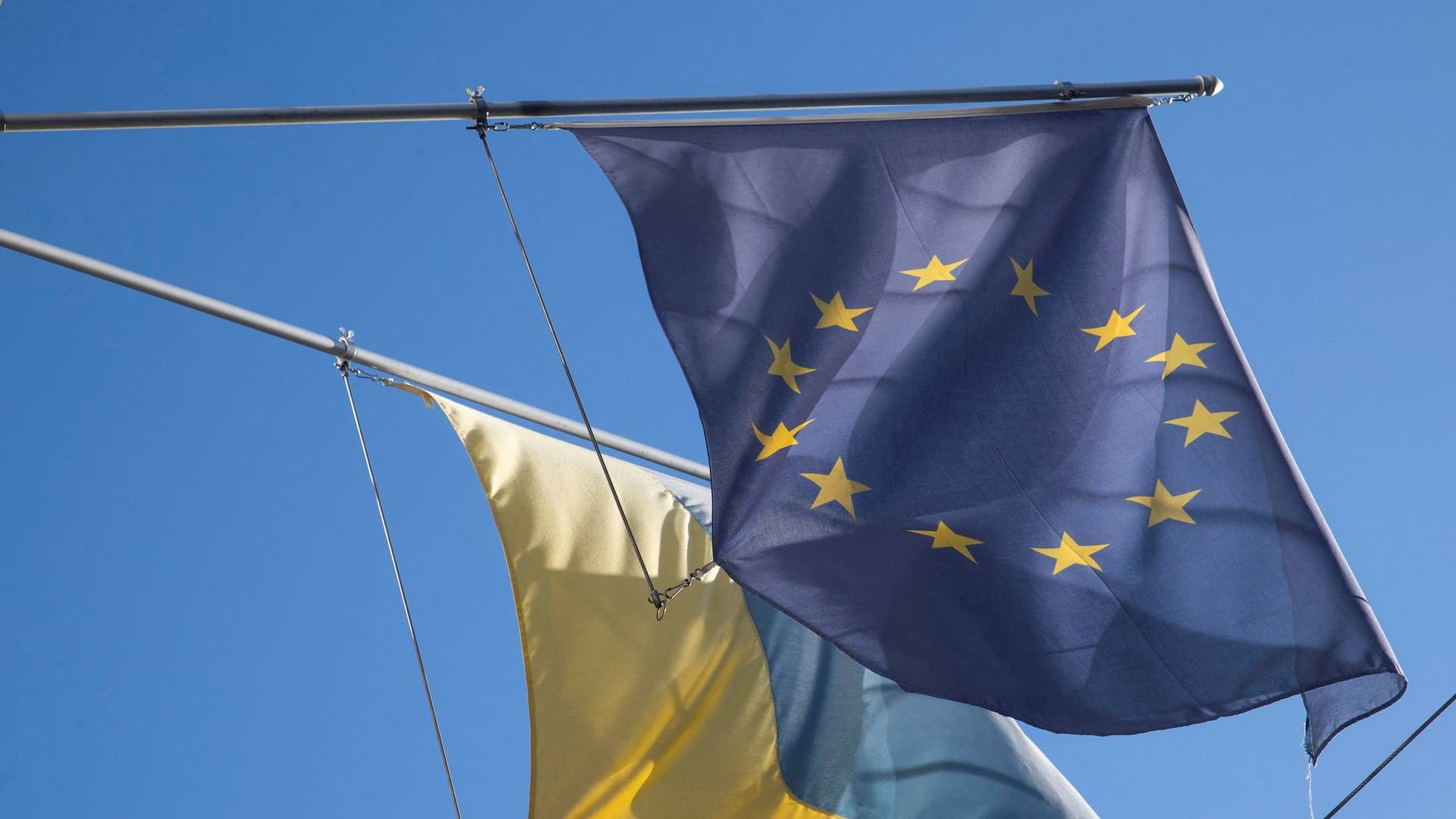
EU nations have failed to come to an agreement on a price ceiling on Russian gas, says EU Commissioner of Energy Kadri Simson at a press conference in Brussels, arranged after the EU energy ministers’ adoption of an energy deal intended to help consumers pay their energy bills.
The new deal does not include a cap on gas prices despite vocal support for such from several EU nations.
”Capping the price of Russian gas is viewed by member nations as a sanction against Russia. We haven’t yet come to an agreement on such a measure,” says Simson.
EU nations have been divided on the question as to whether the EU ought to rein in gas prices with a general price cap or to emphasize gas supplies with a price ceiling targeting Russian gas exclusively – or even to avoid such a mechanism altogether.
15 EU nations have expressly backed a price cap on the wholesale market for gas, including France, Italy and Belgium.
”Our problem is not supply security, but historically high prices that make it impossible for households to pay their bills,” said Belgian Minister of Energy Tinne Van der Straeten on her way to the meeting.
Her main focus is the price level, which adds pressure on many Belgians using gas to heat their homes.
In a non-paper examined by Ritzau, the EU Commission warns against serious consequences for the supply of gas if a general price cap is imposed.
As a result, the Commission proposes a price cap that will solely apply to Russian gas. The proposal dovetails with the proposal presented by EU Commission President Ursula von der Leyen in early September.
Such a measure is supported by several nations such as Germany, Denmark and Austria. This group of nations is skeptical of a general price cap because it could have an impact on supply.
Austrian Energy Minister Leonore Gewessler is concerned about potential scarcity of gas if a general price ceiling is adopted.
”I’m aware that EU nations have divergent views, but the other nations should be conscious of the fact that Austria is dependent on natural gas and gas imported from Russia,” said Gewessler on her way into the meeting.
A general cap on all gas prices risks skewing the market, the EU Commission underlines in the document, which served as the basis for Friday’s discussions.
”A price cap will not only interfere with contractual relations with importers from third countries, but it will also limit the price of transactions within the EU,” the EU Commission warns.
In other words, there is a risk that non-EU nations will not be capable of supplying the EU to the same degree. Another risk is that it will disrupt the EU’s internal market. The price differences ensure that EU nations trade internally, allowing gas to flow between member nations, according to the Commission.
Accordingly, EU nations should solely seek to target Russia with a price cap, not friendly nations like Norway, which is also a gas supplier, notes Simson.
There was no consensus on such measures this past Friday, however. Instead, member nations have capped profits of energy companies generating power at low cost such as solar and wind energy producers, for instance.
EU reaches agreement on far-reaching energy package
Czech EU presidency proposes to extend period for cap on electricity profits
Related articles
EU reaches agreement on far-reaching energy package
For subscribers

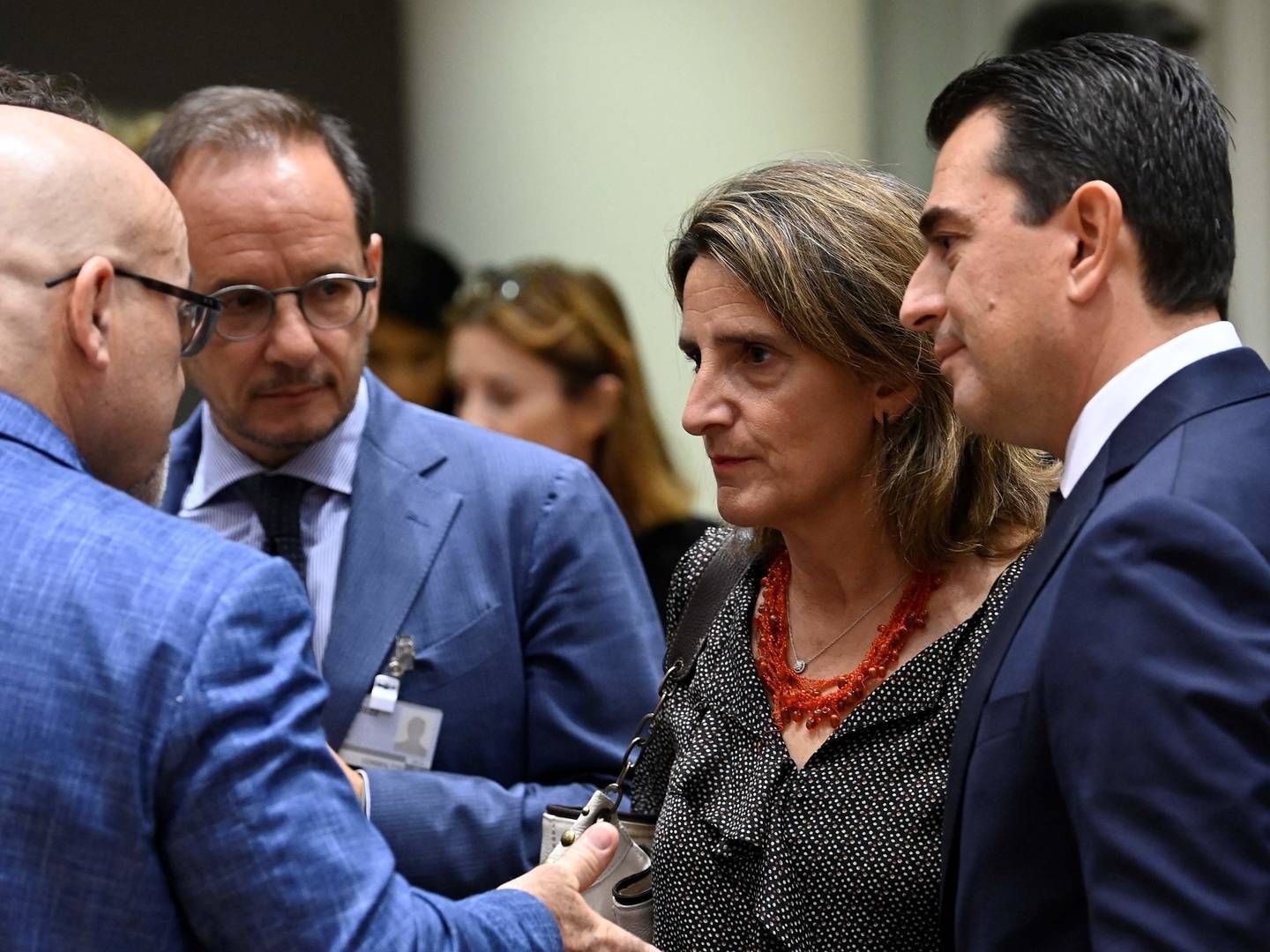
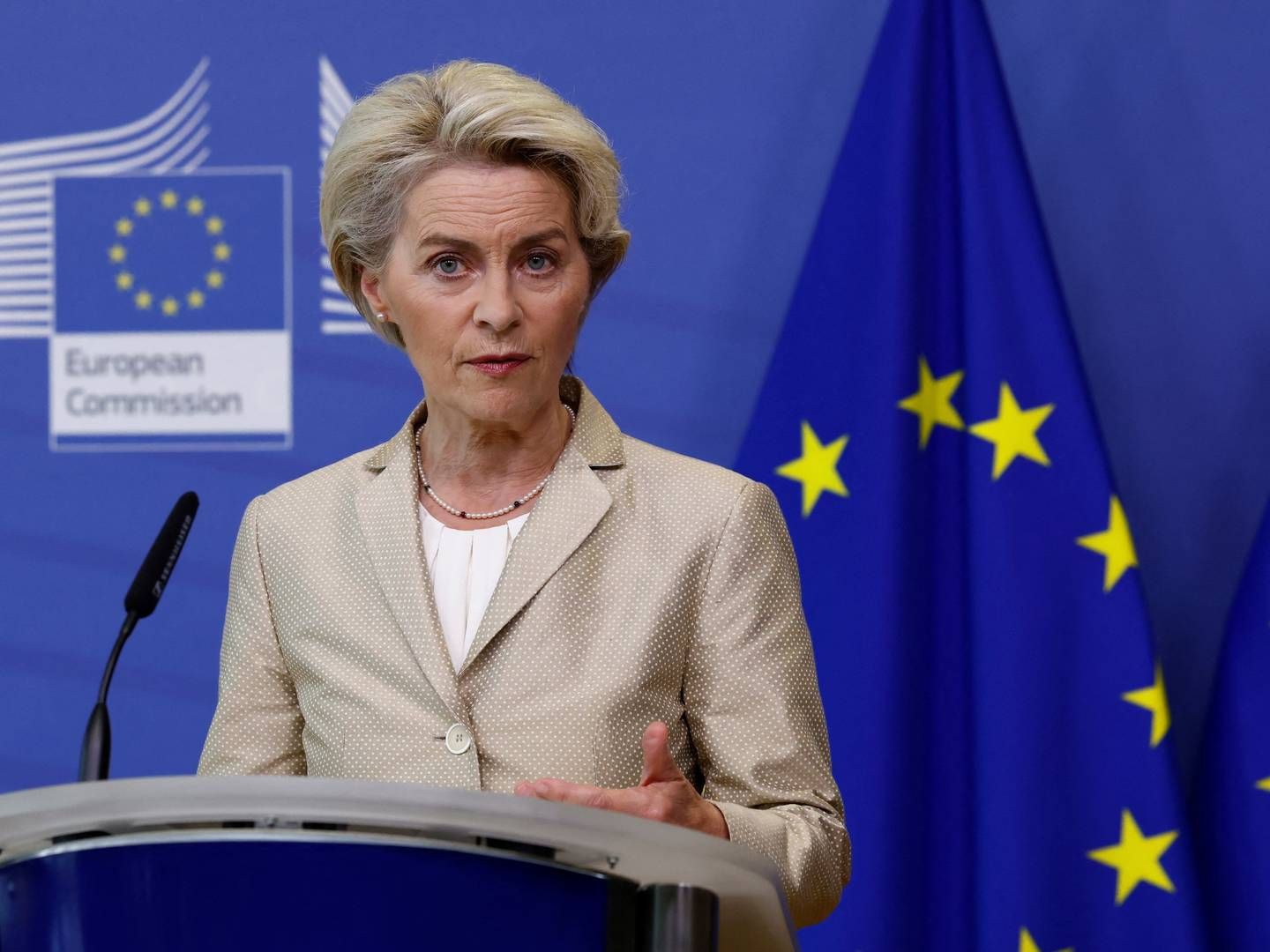
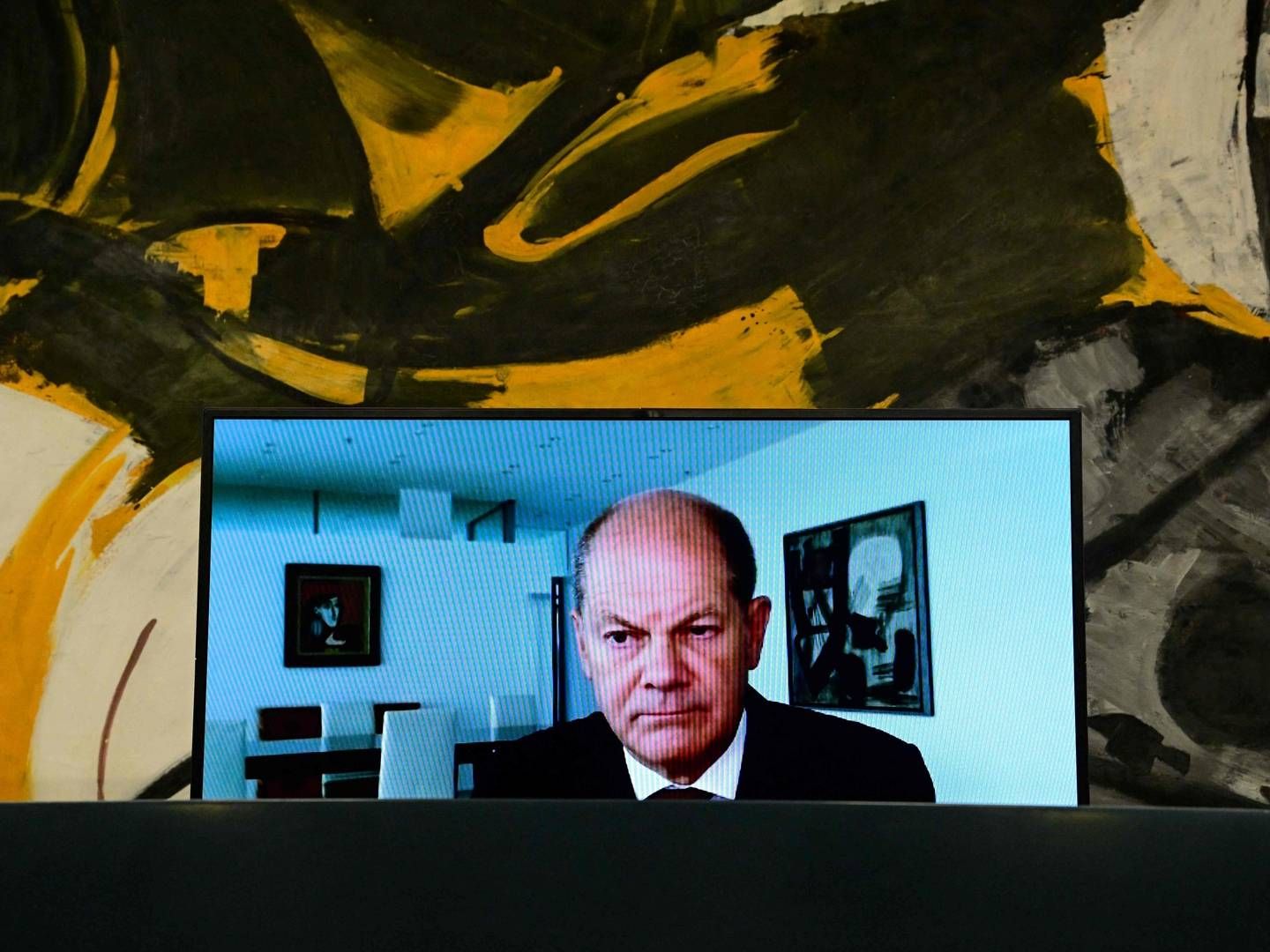


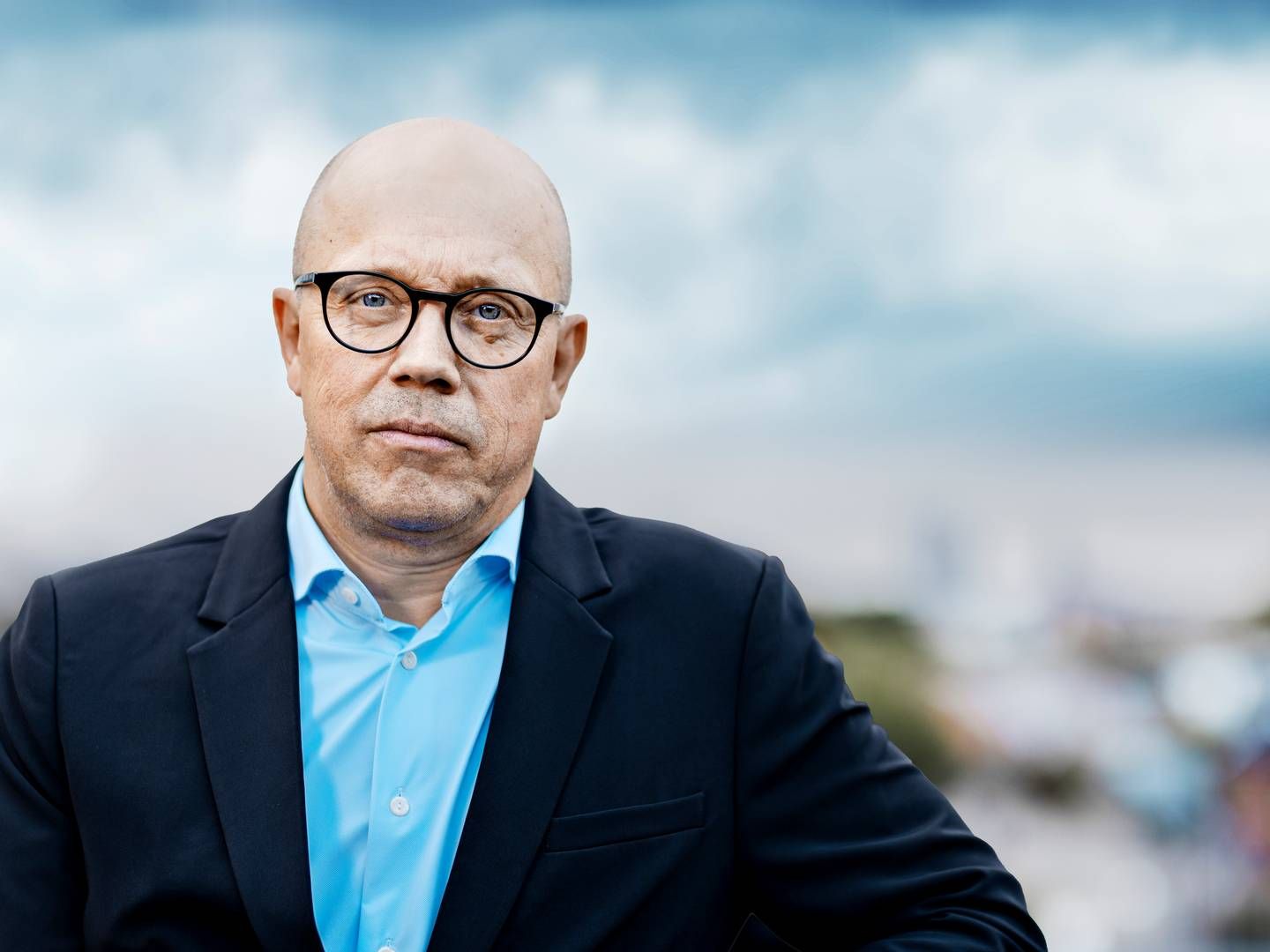



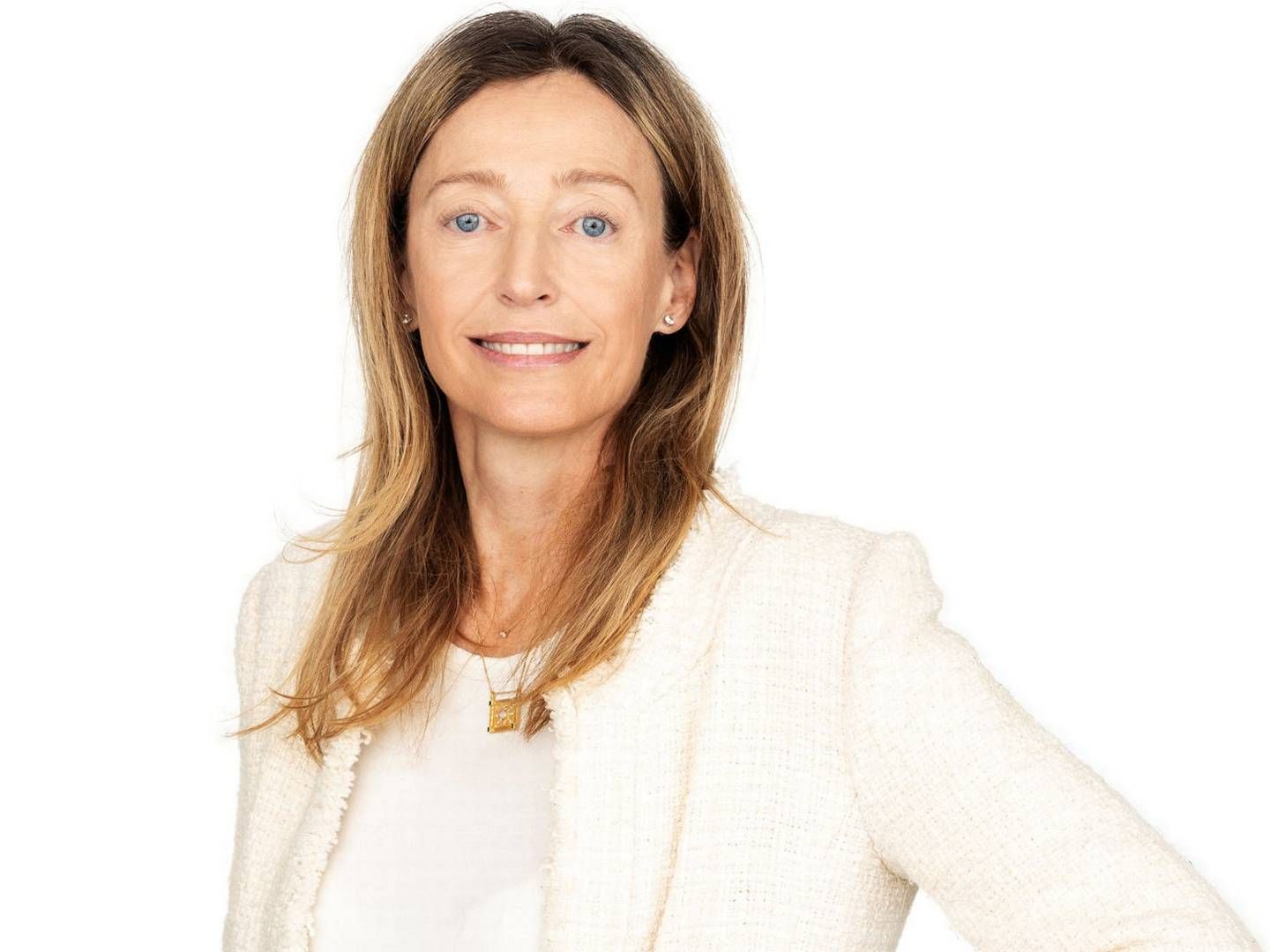

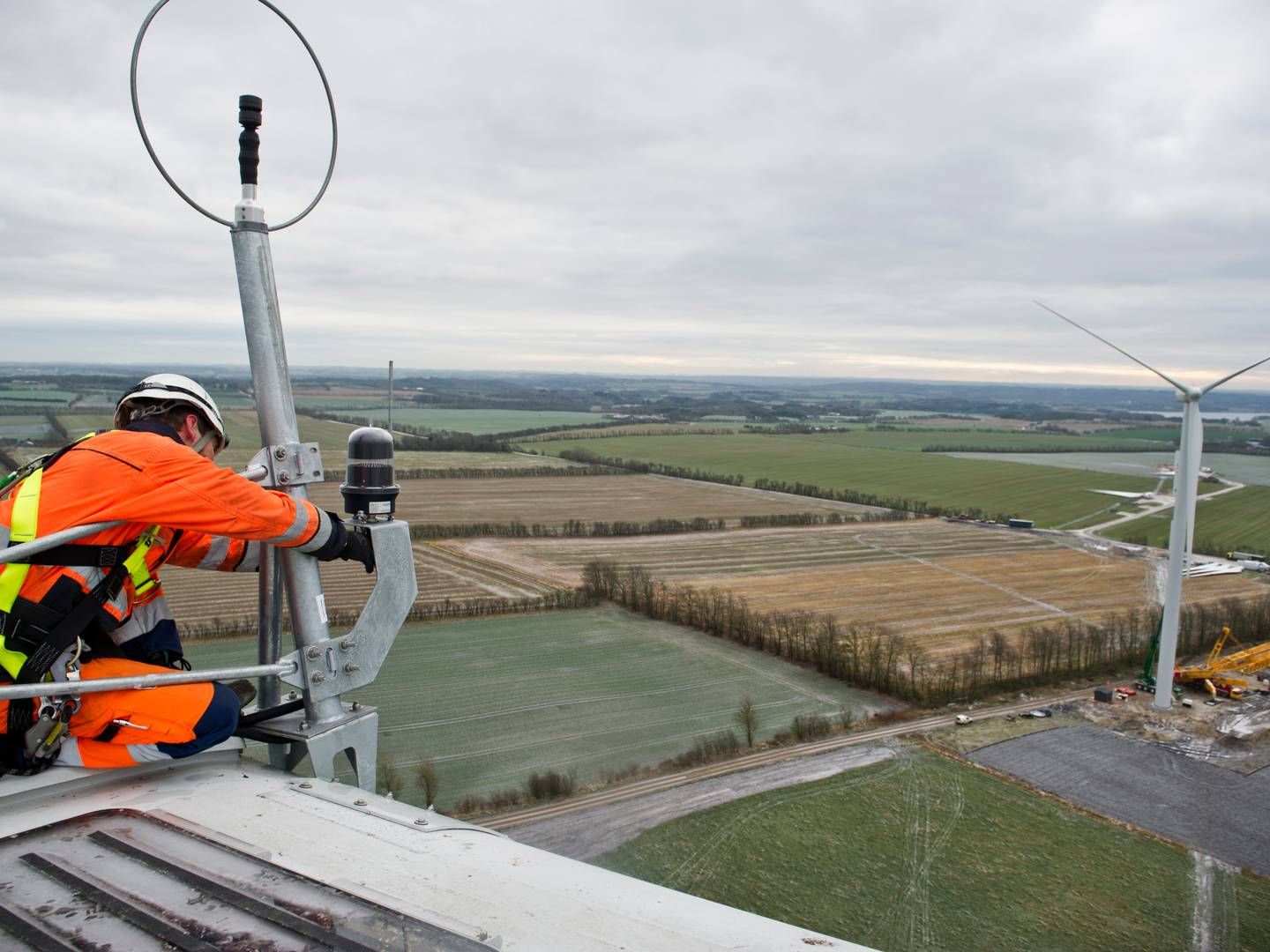
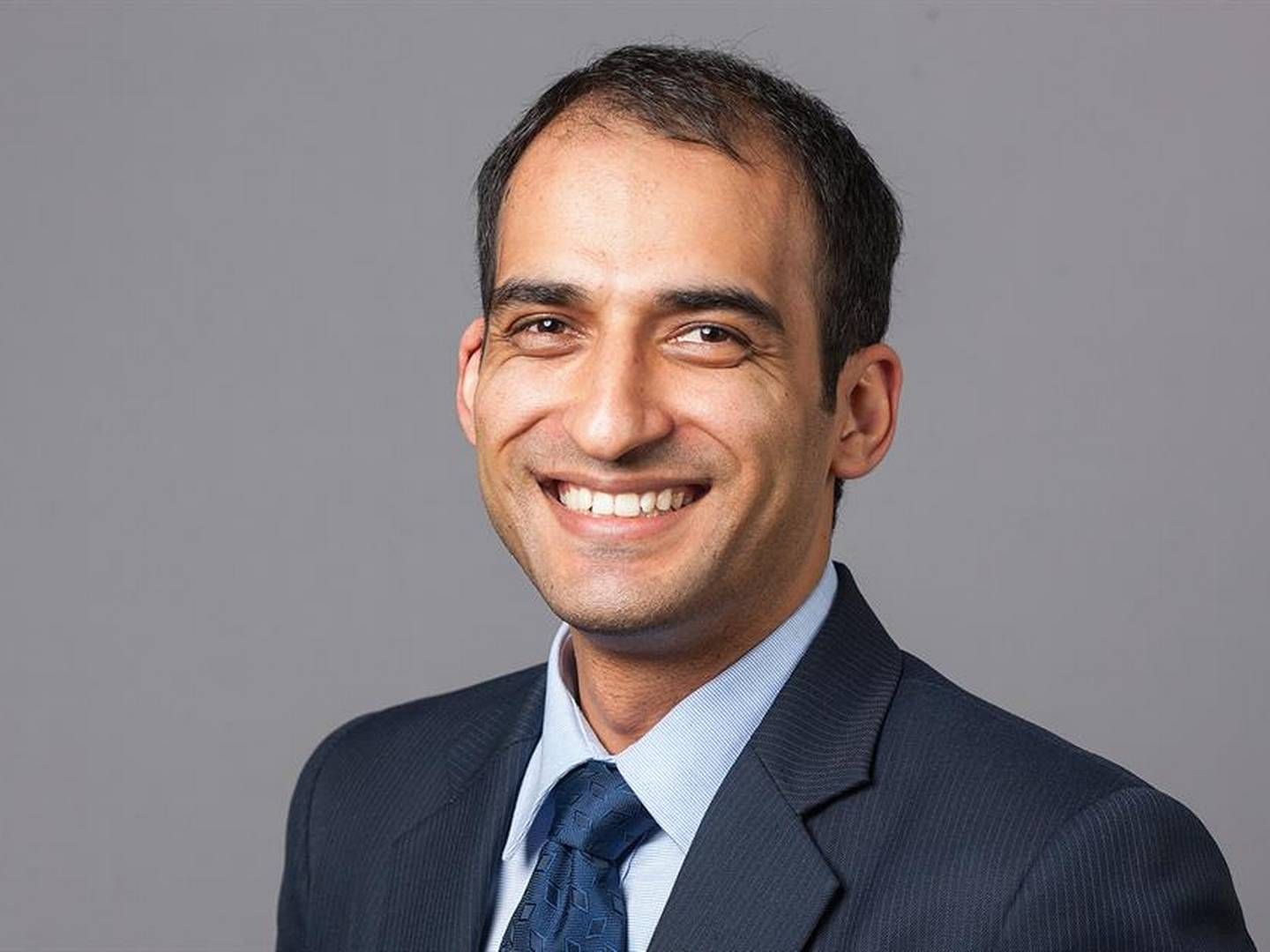


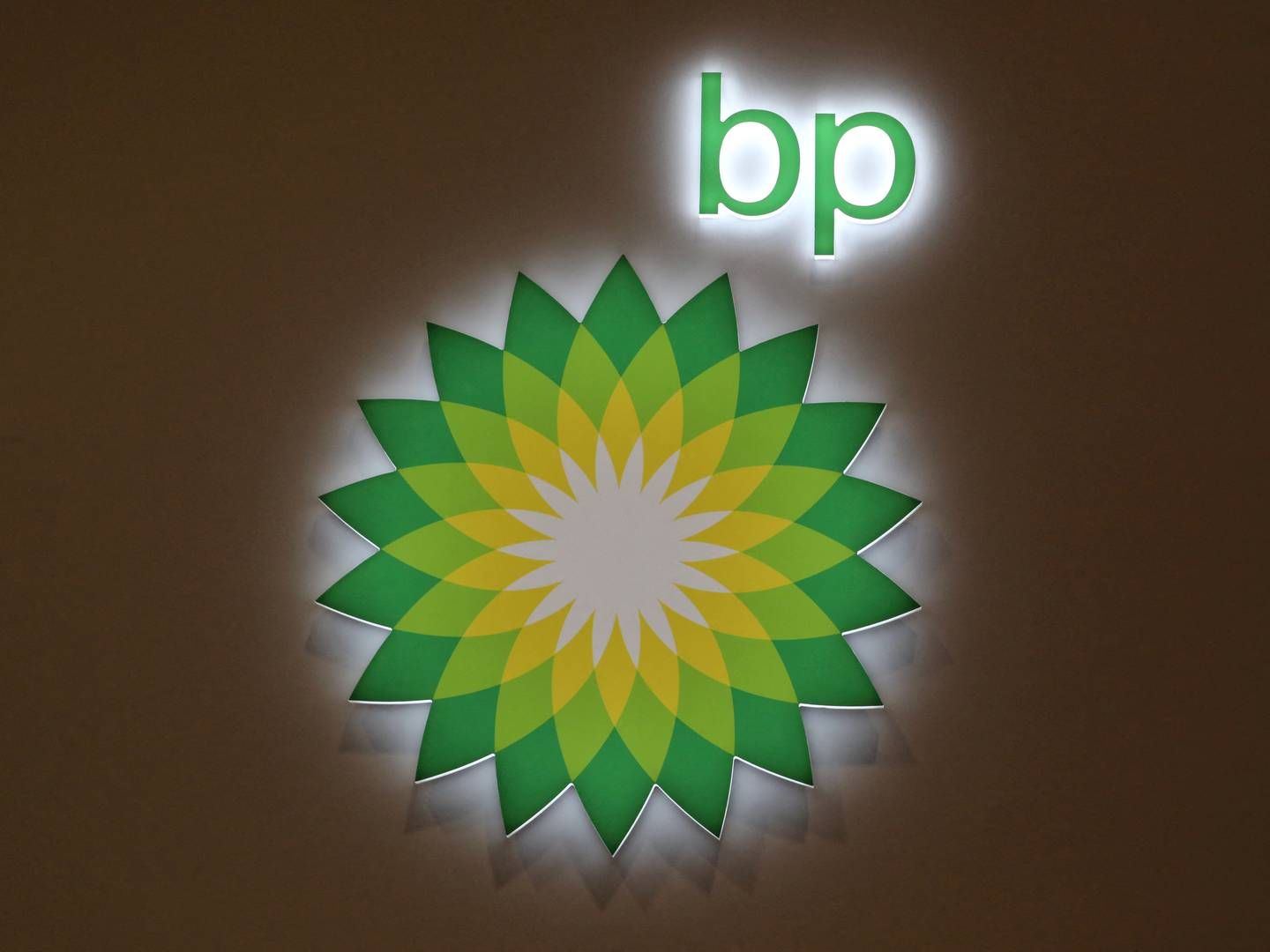
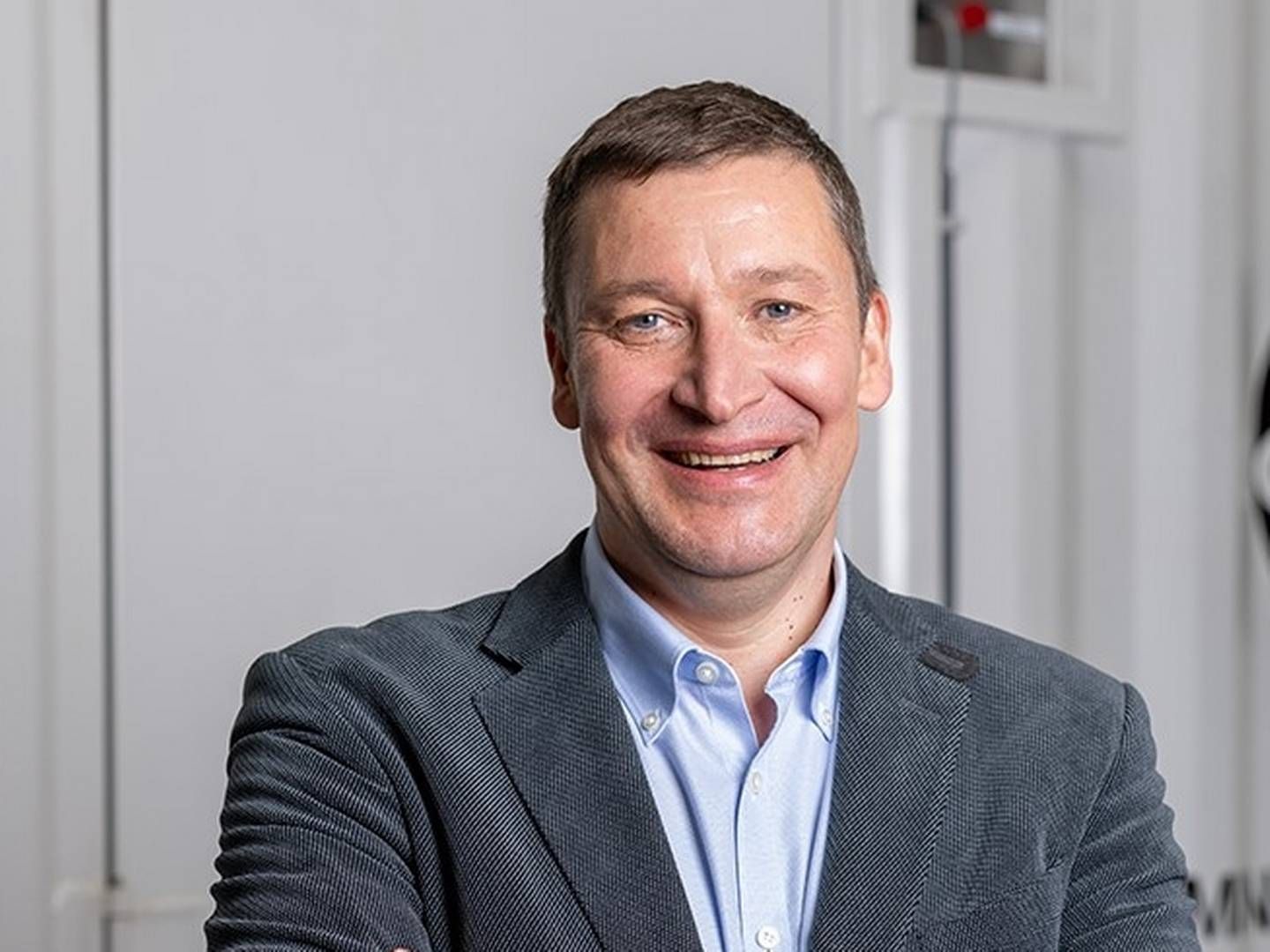
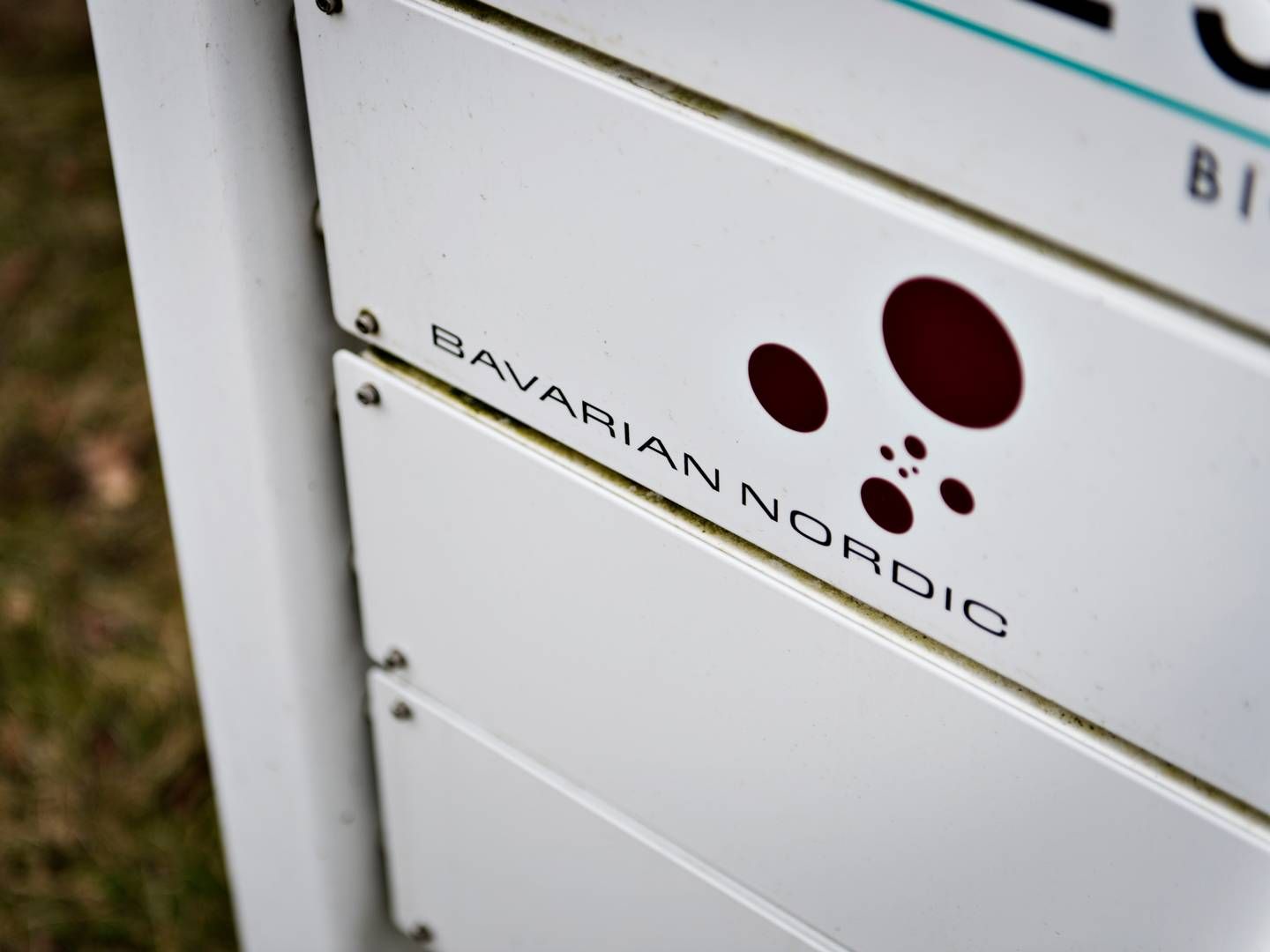



.jpg&w=384&q=75)


